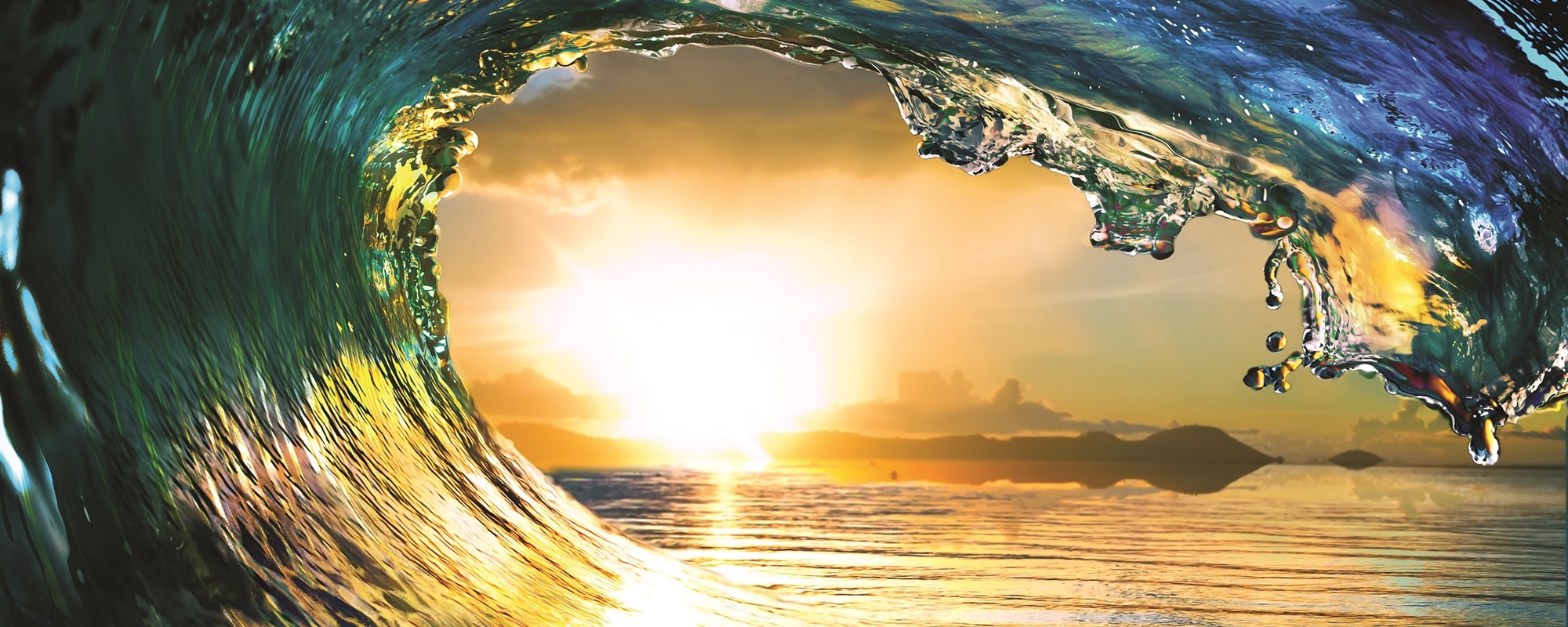In a world first, a small team of engineers at the University of Malta is attempting to prove that harnessing solar power in the open sea is theoretically possible and cost-effective. Laura Bonnici speaks to Prof. Luciano Mulѐ Stagno to learn more about the ground-breaking Solaqua 2.1 project.
Renewable energy is in the spotlight. In Malta—an island that is said to enjoy an average of 300 days of sunshine per year—solar power has become mainstream, enabling the country to reach its goal of using 10% renewable energy by 2020.
But any advantage Malta has in terms of abundant sunshine, it loses through its lack of another vital resource: space. Measuring just 316 km², Malta’s limited surface area means that, beyond the existing photovoltaic (PV) panels installed on rooftops or disused quarries, any land left for larger PV installations is rare and expensive.

Prof. Luciano Mulѐ Stagno at the University of Malta believes the answer to this problem lies not on land, but at sea. Malta being surrounded by water, he has proposed that installing solar panels in open water, in offshore floating PV farms, could be as cost-effective and reliable as those on land—an idea that has never progressed beyond the theoretical stage anywhere in the world.
‘There are many PV projects happening on fresh water everywhere, from China and the UK to France and USA. But none of them are working on open sea,’ explains Mulѐ Stagno. ‘Their PV farms are installed in more sheltered, land-locked waters such as irrigation ponds or lakes, believing that PV farms cannot survive sea conditions. The Solaqua project aims to prove that they can survive, and do so at a comparable cost to land-based PV farms.’
When funding was secured from MCST in 2012, the previous Solaqua 1.0 project set about achieving these ambitious aims. Testing various prototypes out at sea, it confirmed that large, floating platforms were viable, cheap to construct, and could produce more power than similar systems on land.
The sea proved beneficial for many reasons. ‘The offshore panels produced around 3% more energy than similar land-based modules simply by being at sea, possibly due to the cooler temperatures at sea and a less dusty environment.’
The success of the first project inspired a second. With this one, the modular raft was designed and tested. ‘Solaqua 2.0 was financed by Takeoff [The University of Malta’s business incubator] in July 2017, with a preliminary design for the platform almost completed. Now discussions are underway about possible patents for the design,’ Mulѐ Stagno elaborates. ‘The ultimate aim is to launch a large farm in Maltese territorial water which, if it meets

the cost and power output targets, will be followed by other systems worldwide.’
The Professor and his team (marine structural engineer Dr Federica Strati, systems engineer Ing. Ryan Bugeja, and engineer Martin Grech) are now starting the next phase of the Solaqua project. Before the team builds and launches a full-scale system, they have to conduct a series of rigorous wave tank tests. Using a scale model while mimicking the worst possible sea conditions that the system may encounter, the team will be able to refine the design and optimise power output by testing the effect of water motion, cooling, or even different types of panels.
‘Through Solaqua 2.1, we hope to reassure investors that the system is viable. Once completed, we will be ready to launch a full-scale system that could be used not only by islands such as Malta, but also in coastal cities around the world which have insufficient land available for PV systems.’
Investors are being invited to join this project to push for global commercialisation. To reach this stage, several local entities supported the project. The Regulator for Energy and Water Services, with the help of the RIDT (the University of Malta’s Research Trust), invested €100,000 to cover the cost of constructing the scale model, as well as testing, equipment, transport, and engineers. And now that the project is commanding international interest, potential investors are being sought for the half a million euros needed to achieve a full-scale floating solar farm in Maltese waters.
‘This is a homegrown project, in which Malta could be an example to the world,’ explains Mulѐ Stagno. ‘We have already placed Malta at the cutting edge of this research area by being the first to test small systems in the open sea. Now we need to find an investor willing to take the plunge and help us create the world’s first full-scale floating solar farm. With Solaqua, Malta could be at the forefront of a ground-breaking new global industry—one which has the potential to change the way solar power is collected and used the world over.’





Comments are closed for this article!